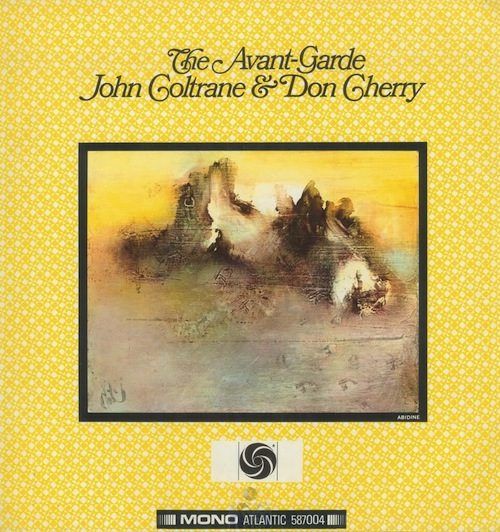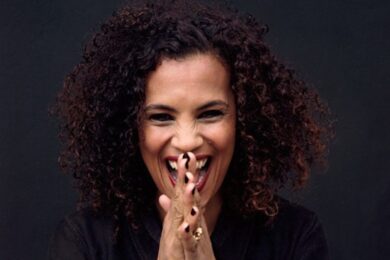Before having to find my own voice, I was given a voice, somehow, in my backbone, by Don and by my mother, because of the life we led together and the way our family was. The Avant-Garde was the only recorded record that he made with John Coltrane – and John Coltrane really was a guru to him, as much as Ornette Coleman or Thelonius Monk was. I know that it was a very important record for Don.
I can’t ever be totally specific or sure about the influence these things have had on my life, but I will forever give thanks to my parents, for including my brother and me in it, in the sense that we were allowed to be with them in their lives. It wasn’t always an easy journey, but it was real.
If you look at the places where jazz musicians were coming from, when you look back, and still to a certain extent nowadays – of course it’s different because we’re in an international world – if you look at where my dad and his crew were coming from, they were coming from the streets. A lot of them – not everybody, by any means – came from quite hardcore working-class backgrounds, playing in school bands, playing in marching bands, and then jazz came. It was like a revolution, especially with free jazz. But even so, there was Louis Armstrong, who was the start of this new sound, this new fringe. I think about some of the people who I grew up around, and these were musicians who just lived and breathed music. The voice, the freedom, and the power that they got from the music was what led them into playing more and more. It’s that compulsive disorder thing almost, and so the music – all this music – becomes about connections, and surviving, finding your own voice and not letting it drop.



